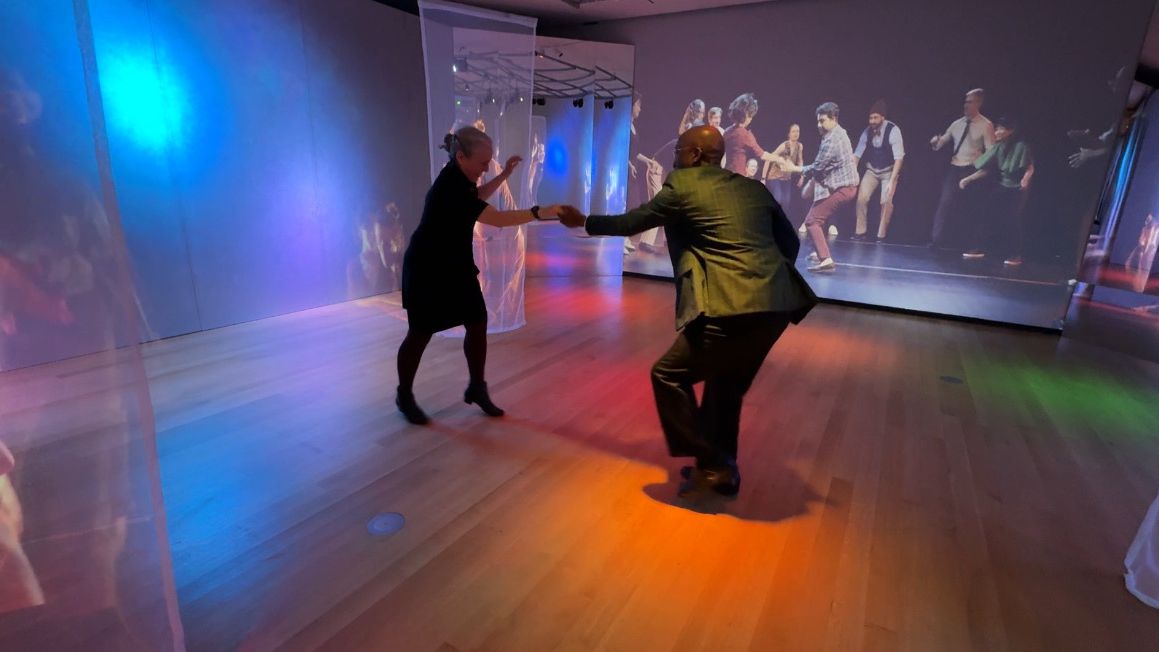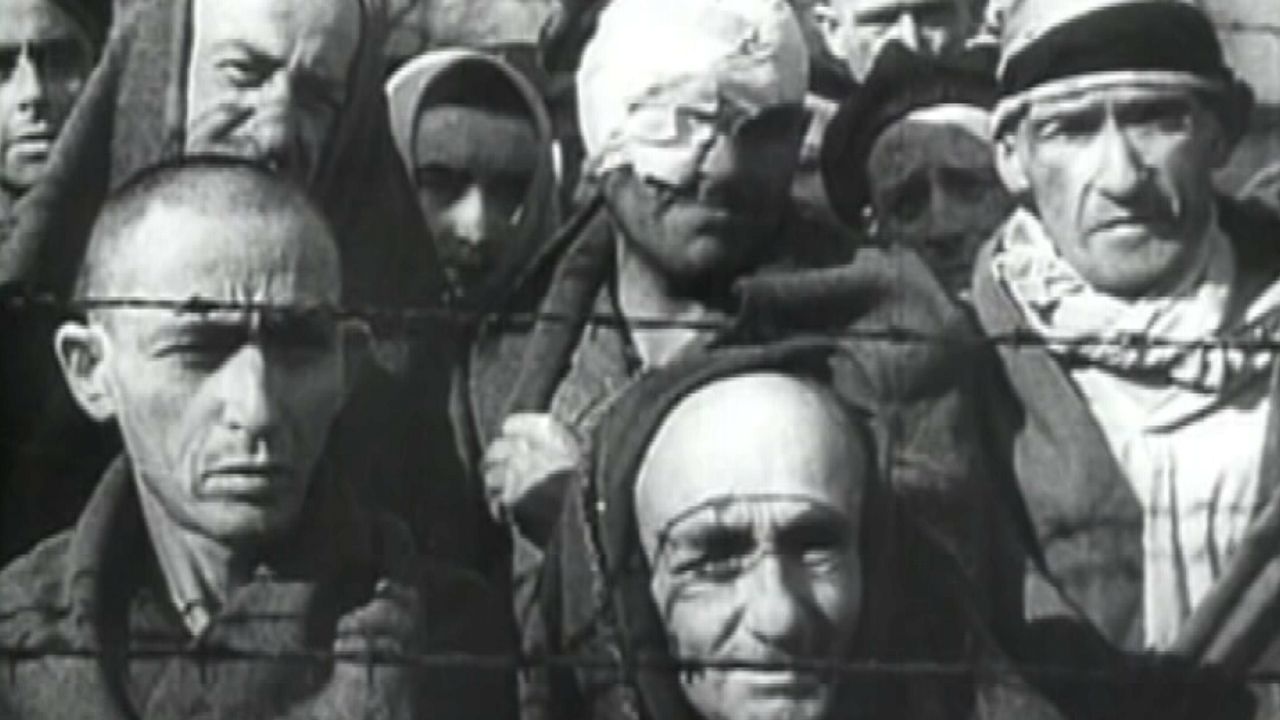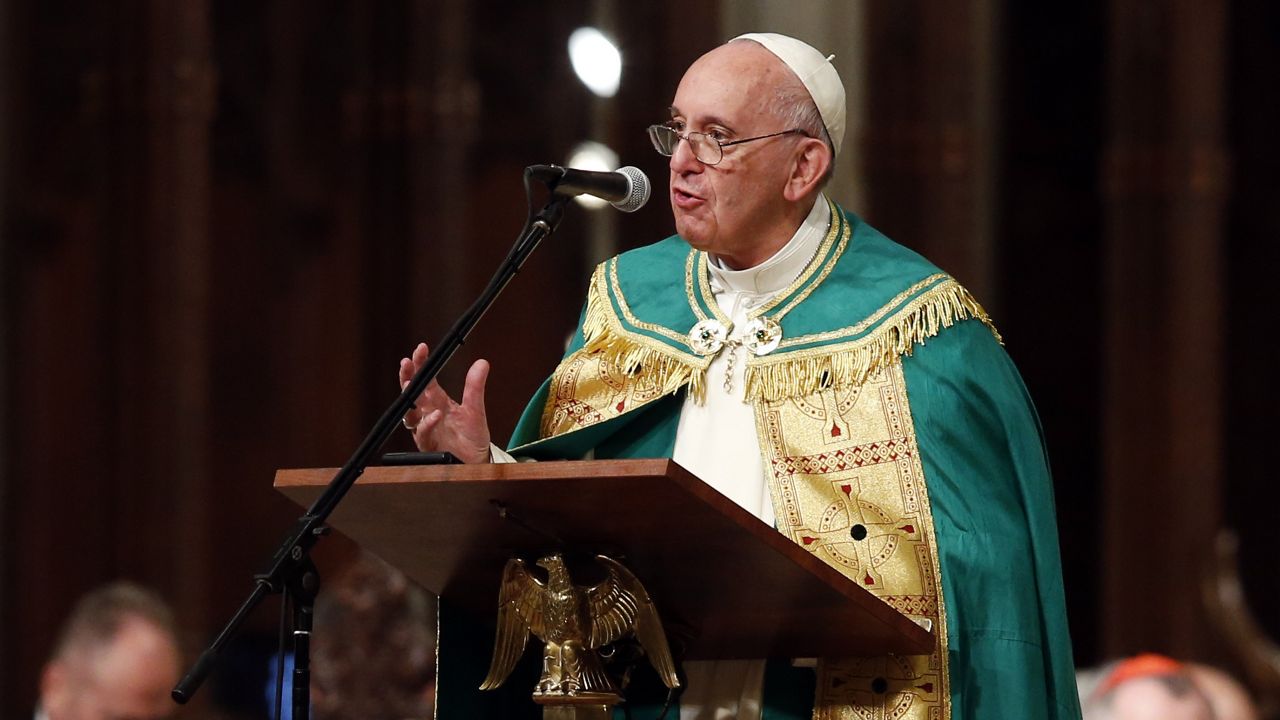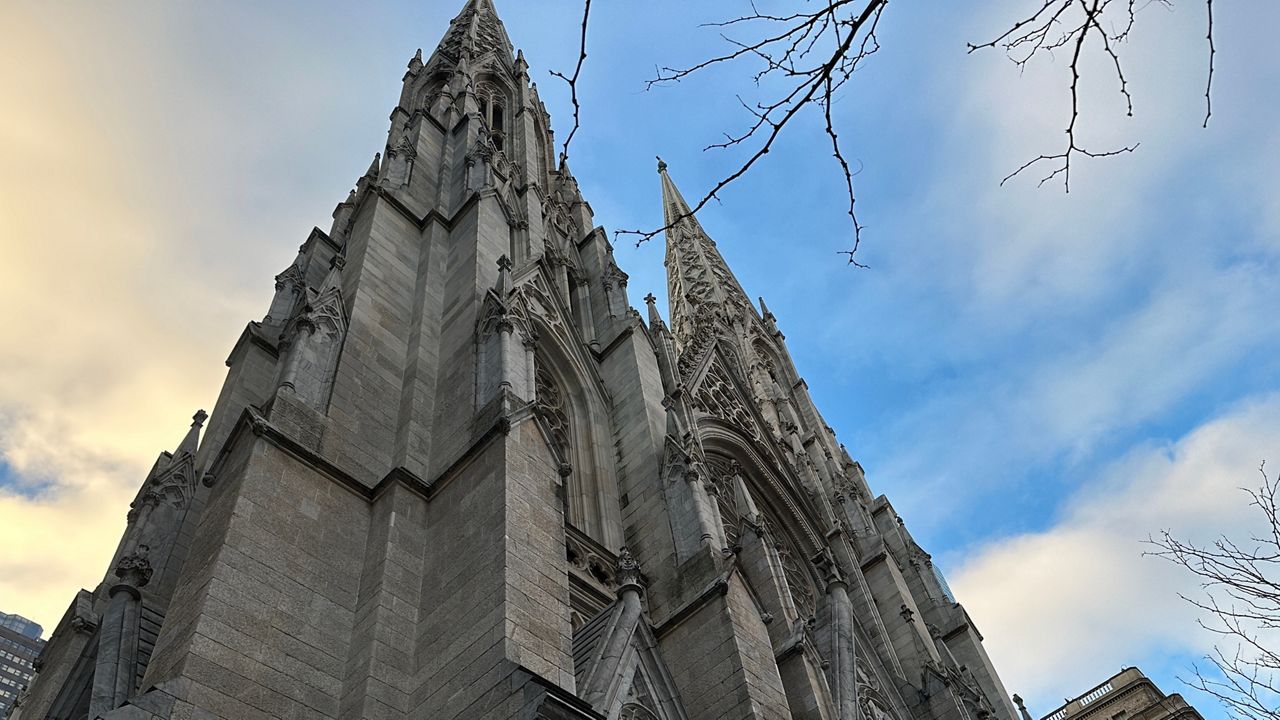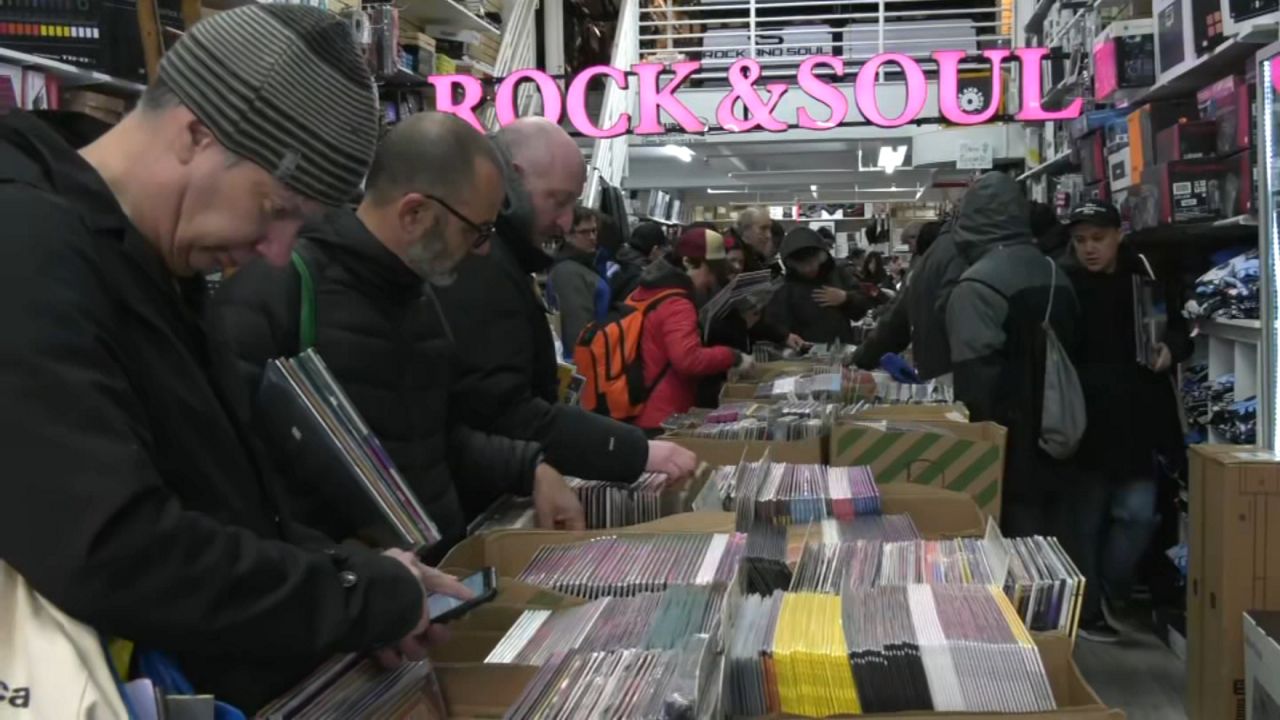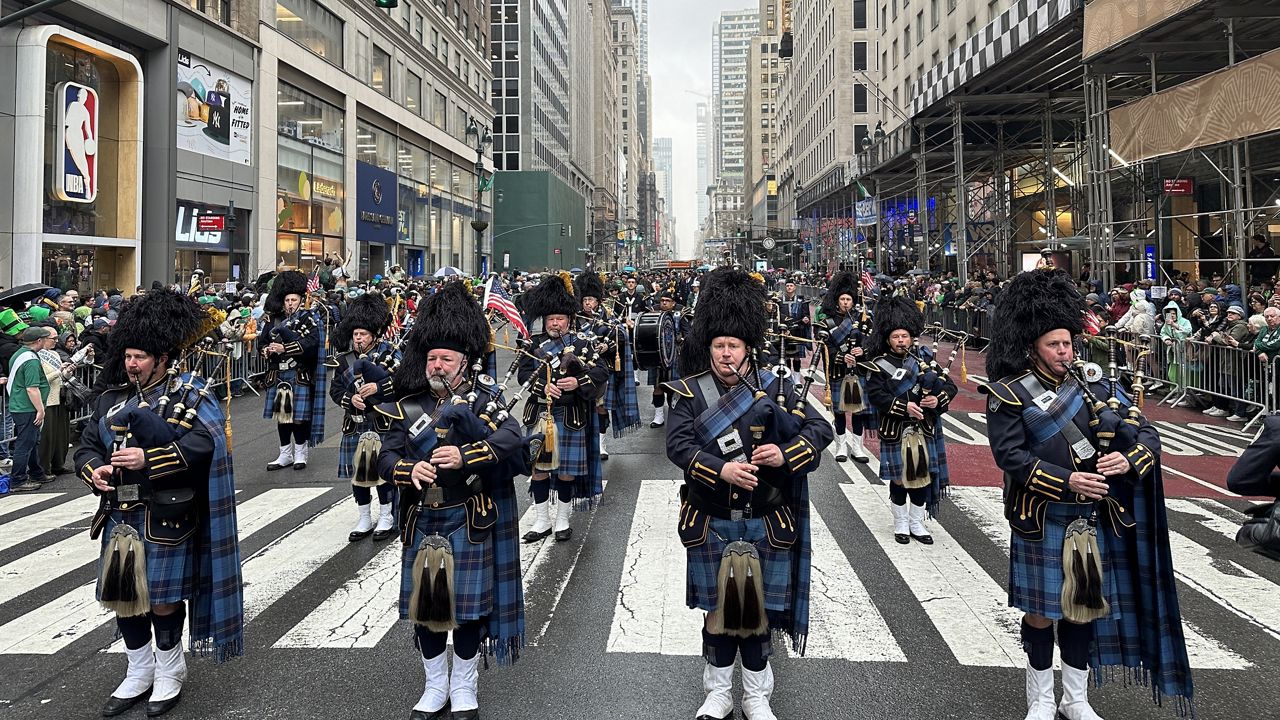It was a celebration of culture and community, and for those gathering at an Indigenous Peoples’ Day event on Monday, it was also the continuation of a long, hard battle.
“It’s a day that we remember our resilience and the survival of our communities, and we honor that,” Cachina Wakinyan said.
“We’re here. We’re representing our people. We’re not going anywhere,” Lana Washinawtok added.
The day, which is a counter to Columbus Day, has become a way to push for Indigenous rights and representation.
“At the deepest level, this day represents a culmination of every blood memory that exists within my being. It is an existence and a full manifestation of over 500 years of genocide,” Eduardo Bravo said.
U.S. Census data shows the city is home to the largest urban Native American population in the country, with nearly 200,000 people, or 2% of the population.
But Sutton King says culturally appropriate health care and advocacy for urban natives is lacking.
“When we look at the data, when we look at the statistics, we know we have some of the worst health outcomes in comparison to our white counterparts,” King said.
Five years ago, King and others launched Urban Indigenous Collective. Their goal is to address some of the needs for indigenous people in the city. Part of the event’s goal was to raise money for their community center, which opened last year in Midtown.
“Now that we have the center, we’re ready to expand to direct services,” King said.
While the day is not officially recognized as a holiday by the city, many in attendance hope their advocacy and visibility help to change that.
“We’re not just honoring one tribe; this is for all of us,” Wakinyan said.


_PKG_Mn_Indigenous_Peoples_Celebration_CLEAN_131270391_131?wid=320&hei=180&$wide-bg$)

